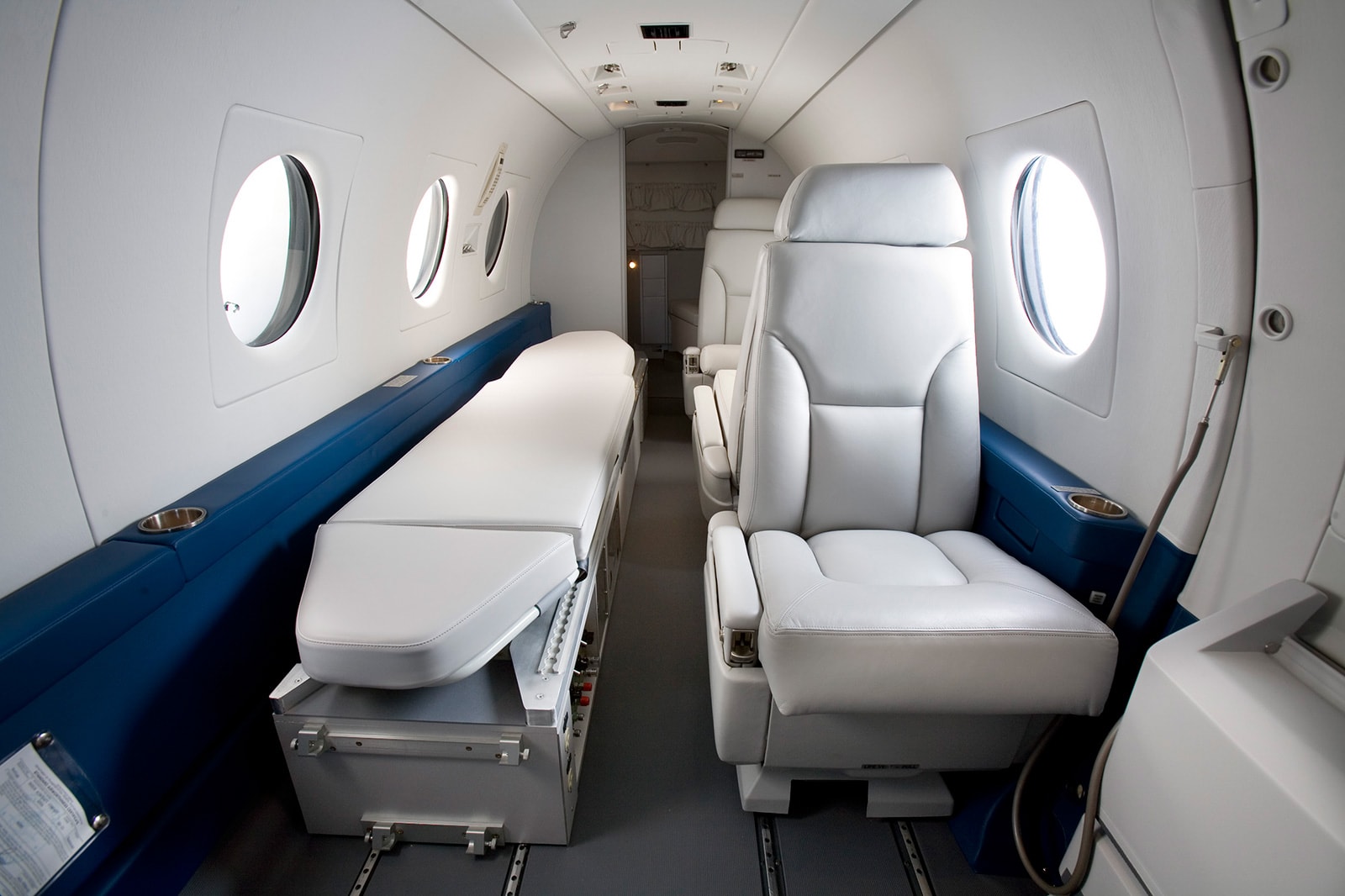6 Key Safety Tips for GBS Patients

Posted on March 12, 2019
Guillain-Barré (GBS syndrome) is a life-threatening disease requiring hospitalization or constant monitoring. In this syndrome, the body's immune system starts attacking part of the peripheral nervous system (PNS). The PNS connects the brain and spinal cord to the rest of your body. Once damaged, it affects the transmission of signals. GBS syndrome can affect the nerves that control muscle movement, temperature, touch sensations or transmit pain. This can lead to weakness and loss of sensation in those muscles. This rare condition is common in males and adults, however it can affect people from all ages. GBS has some common triggers such as infection, surgery and vaccination
The initial symptoms of GBS syndrome start with tingling feeling or weakness in the legs, moving to the rest of the body. Lack of timely intervention can even lead to paralysis or result in a life-threatening situation. GBS treatment is a very slow one and given the life-threatening symptoms air medical transport serves as the ideal mode of transportation. However, GBS air transport requires some safety precautions that should to be taken:
GBS patients need to be monitored for complications, such as abnormal heart beat, blood pressure, blood clots and infections. If the patient’s ability to breath is impaired, he will need a ventilator. The medical crew should therefore be assigned based on their past GBS air transport experience.
Air ambulances used for transporting GBS syndrome patients should be equipped with accommodations of a hospital ICU such as oxygen machines, heart monitors and IV’s or any other essentials that the patient’s condition requires.
The planes should be flown at lower altitudes to avoid turbulence, as this may bring discomfort to the GBS syndrome patient.
The nerves of GBS syndrome patients may be inflamed causing nerve pain, which can be eased through regular massages or any other possible way that has worked for the patient before.
Dysfunction of the nerves can make GBS syndrome patients extremely sensitive to touch, requiring extra care to be exercised by the medical crew.
GBS syndrome can make patients anxious, as it is hard to deal with this disorder. The crew should therefore be emotionally supportive and comforting at all times.
Find out more about GBS syndrome air medical transport by getting in touch with our 24/7 support team today.